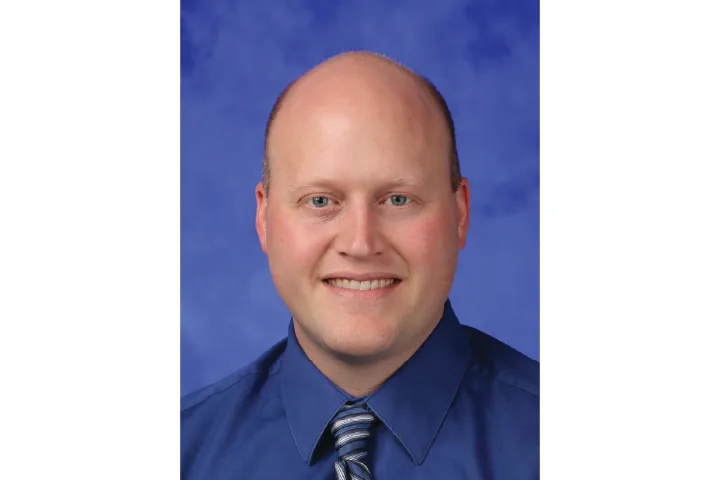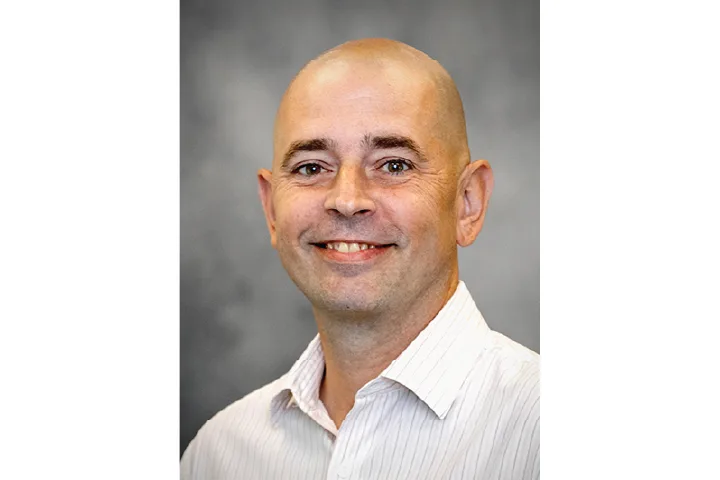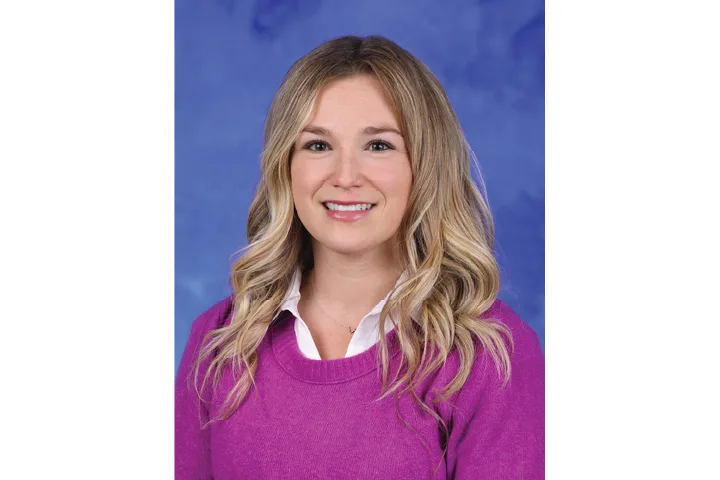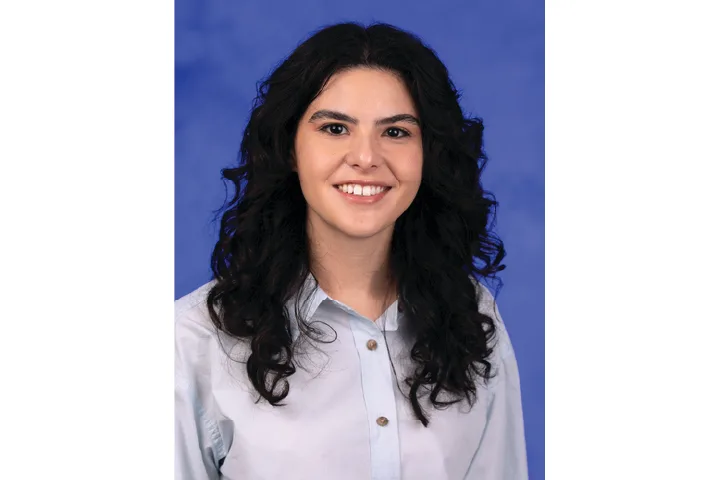Phase-Based Treatment of Preteen Problematic Sexual Behavior
Explore More
PBT is an evidence-informed, culturally-adaptable, trauma-sensitive and individually-administered treatment for children between the ages of 3 and 12 displaying problematic sexual behavior (PSB). PBT is applicable with diverse forms of PSB (e.g., self-focused, interpersonal).
About PBT
How Does PBT Work?
PBT works primarily with a child’s caregiver to maximize immediate impact and create lasting change. Working with a trained clinician, caregivers are able to identify factors that may be maintaining the PSB, implement effective behavior change techniques, teach the child helpful lessons about sexual body parts that are consistent with their own religious and cultural values, and open the line of communication regarding such topics so the child will come to them with questions in the future. In addition, caregivers and children learn applied skills that may help reduce the likelihood of PSB recurring.
How Long Does PBT Last?
PBT is designed to be implemented in 10-12 sessions of standard length (i.e., 45 minutes). So, if PBT is implemented in sequence, it may take no more than 10 to 12 weeks. However, PBT is flexible enough that it can be integrated into other treatment programs, such as Trauma-Focused Cognitive-Behavioral Therapy (TF-CBT) or Parent-Child Interaction Therapy (PCIT). In these instances, treatment is likely to be longer. The manner in which PBT is delivered is based on a thorough assessment and determination by a trained clinician.
Does PBT Work?
PBT is based on the latest empirical research regarding the development and treatment of children with PSB. In non-controlled research, including open pilot trials and program evaluations from several states, PBT demonstrates a large and statistically significant effect. A randomized controlled trial comparing PBT to an active control group is currently ongoing. Information on research related to PBT can be found under Publications.
Training
Training in PBT involves two full days of didactic and experiential activities. Clinicians then return to their home sites and begin seeing cases while attending monthly consultation calls with the trainers over the course of 12 months. At the current time, PBT training is only being offered under contract with agencies; no general registration opportunities for individual clinicians are available. If you are interested in hosting a PBT training, please contact Dr. Brian Allen at ballen1@pennstatehealth.psu.edu.
Meet the Team

Brian Allen, PsyD
Dr. Brian Allen is a professor of pediatrics and psychiatry and behavioral health at Penn State College of Medicine. He was the founding director of the Stine Foundation Transforming the Lives of Children Research and Treatment Center (TLC Center) at Penn State Health Children’s Hospital and directed the center for 10 years. His research is funded by the National Institutes of Health, the Children’s Miracle Network, and other public and non-profit agencies. He is the primary author of PBT and serves as a trainer for the model, and coordinates PBT training programs. Inquiries regarding PBT can be directed to him at ballen1@pennstatehealth.psu.edu.

Lucy Berliner, MSW
Lucy Berliner served for over 30 years as the director of the Harborview Center for Sexual Assault and Traumatic Stress at the University of Washington, and a clinical associate professor at the University of Washington School of Social Work and Department of Psychiatry and Behavioral Sciences. Berliner is a widely recognized pioneer in the study and treatment of child maltreatment, particularly sexual abuse, and has trained clinicians in the use of Trauma-Focused Cognitive-Behavioral Therapy (TF-CBT) and other evidence-based interventions. Recently retired, Ms. Berliner continues to travel and lecture widely on topics related to child maltreatment. She is a co-author of the PBT protocol.

Chad Shenk, PhD
Dr. Chad Shenk is a professor of human development and family studies and pediatrics at Penn State. He is a practicing psychologist with the TLC Center, specializing in assessment and intervention in cases of child maltreatment. Shenk directs a multifaceted research program focused on understanding the long-term impacts of child maltreatment and identifying the mechanisms of therapeutic change that might reveal ways to maximize treatment effectiveness. His research is funded by the National Institutes of Health, the National Science Foundation and other agencies. Shenk is a co-author of the PBT protocol.

Elizabeth Riden, LCSW
Elizabeth Riden is the Director of the TLC Center and an instructor of pediatrics at Penn State College of Medicine. She has over 15 years of experience working with maltreated children, including those in foster care and adopted, and is an in-agency trainer for Parent-Child Interaction Therapy (PCIT). She serves as a trainer of PBT.

Allison Cobaugh, LCSW
Allison Cobaugh is a licensed clinical social worker currently treating children and families within the TLC Center. She has over 10 years of experience working with youth in a variety of settings, including schools and outpatient facilities, and is trained in TF-CBT and PCIT. Cobaugh serves as a trainer of PBT.

Lauren Ferrer Pistone, BS
Lauren Ferrer Pistone serves as the research coordinator for the TLC Center and is responsible for managing PBT research, including program evaluations of PBT training programs. She is trained and experienced in several research methodologies, including advanced data analysis, qualitative interviewing, biomarker collection, and randomized trial design.
Clinical Resources
Publications
Peer-Reviewed Research Discussing PBT
Allen, B., Berliner, L., Shenk, C. E., Bendixsen, B., Zellhoefer, A., Dickmann, C. R., Arnold, B., & Chen, M. J. (2018). Development and pilot testing of a phase-based treatment for preteen children with problematic sexual behavior. Evidence-based Practice in Child and Adolescent Mental Health, 3, 274-285. DOI:
Dickmann, C. R., Zellhoefer, A., Arnold, B., & Allen, B. (2018). Implementing a phase-based treatment for preteen children with problematic sexual behavior: Case examples. Evidence-based Practice in Child and Adolescent Mental Health, 3, 286-293. DOI:
Allen, B. (2023). Etiological perspectives on problematic sexual behavior of preteen children: Implications for treatment. Clinical Child and Family Psychology Review, 26, 50-64. DOI:
Allen, B., & Berliner, L. (2015). Evidence-based, individual treatment of child sexual behavior problems: A case study. Archives of Sexual Behavior, 44, 2323-2331. DOI:
Peer-Reviewed Research Relevant to PBT
Allen, B., & Ferrer Pistone, L. (2023). Psychometric evaluation of a single-item screening tool for the presence of problematic sexual behavior among preteen children. Child Abuse & Neglect, 143, 106327. DOI:
Allen, B. (2018). Trauma-focused cognitive-behavioral therapy (TF-CBT) with pre-teen children displaying problematic sexual behavior. Cognitive and Behavioral Practice, 25, 240-249. DOI:
Allen, B., Timmer, S. G., & Urquiza, A. J. (2016). Parent-Child Interaction Therapy for sexual concerns of children with maltreatment histories: A preliminary investigation. Child Abuse & Neglect, 56, 80-88. DOI:
St. Amand, A., Bard, D. E., & Silovsky, J. F. (2008). Meta-analysis of treatment for child sexual behavior problems: Practice elements and outcomes. Child Maltreatment, 13, 145-166. DOI:
Chaffin, M., Berliner, L., Block, R., Johnson, T. C., Friedrich, W. N., Louis, D. G. et al. (2008). Report of the ATSA Task Force on Children with Sexual Behavior Problems. Child Maltreatment, 13, 199-218. DOI:

